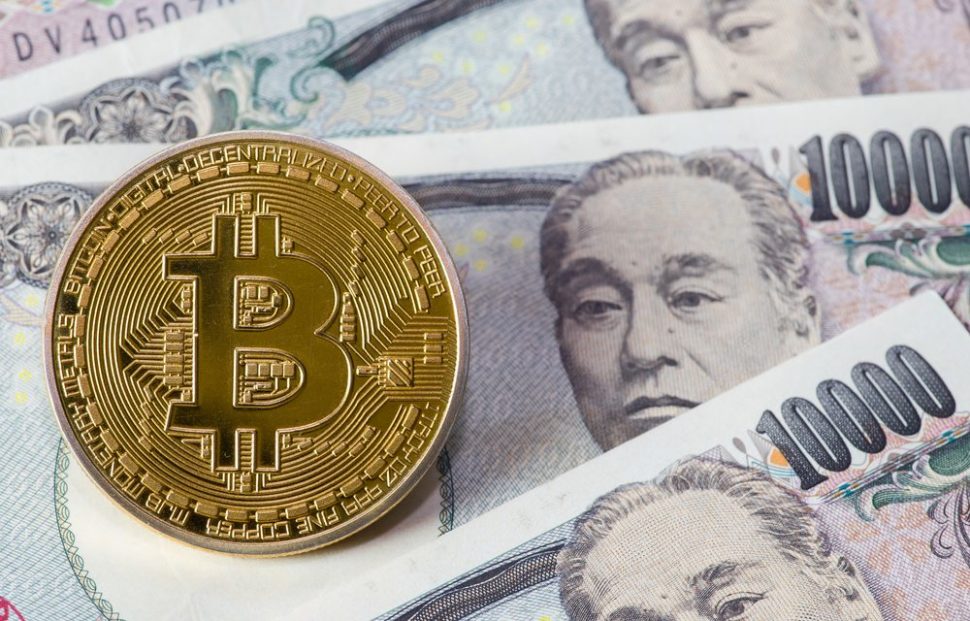Japanese banks are planning to launch a new currency called J-Coin by 2020 just in time for the Tokyo Olympics.
After China’s ICO ban, Japan has become the world’s largest Bitcoin market, and now Japanese banks are doubling down on crypto currency technology by proposing their own digital currency to take the place of cash.
Japan wants to kill cash spending and develop their own offer in mobile payment by launching a new proprietary virtual currency.
Japan will launch a digital currency by 2020 to offset cash usage.Click To TweetJ-Coin, Japan’s Digital Currency
According to the Financial Times that reported the news, several Japanese banks are planning to jointly launch their own proprietary virtual currencies.
The consortium of banks, led by Mizuho Financial Group and the Japan Post Bank, want the new virtual currency, called J-Coin, to be in circulation before Tokyo 2020.
Obviously, Japanese banks don’t want to miss such a planetary event as the Summer Olympics (to be held Jul 24th– Aug 9th, 2020), which would see great affluence and offer a rare advertising and testing opportunity.
The J-Coin project, which has received support from the central bank, Bank of Japan, is still in its conceptual phase.
J-Coin will be convertible to yen, at a one-to-one ratio, and the two currencies are expected to work in tandem.
The J-Coin can be spent via a mobile app that will include a QR Codes system. Customers will only have to scan 2D barcodes to make a purchase with the J Coin.
“The project is in the early stages,” a spokesperson for the Mizuho Financial Group told CNBC, “and we have just held study meetings with other institutions.”
Japan Preps for a Cashless Society
Japan remains a highly cash-based society. Cash is used in the majority of payments in Japan, with 81% of transactions made with coins and paper bills, compared with over 50% of cashless payments in other developed countries.
In South Korea, the central bank, the Bank of Korea, announced its plans for an economy without physical currency by 2020.
In Europe, several countries have already taken big steps toward a cashless society, such as Britain, Sweden, and Denmark.
In Sweden, most customers use an app (Swish) to pay for goods and services, with cash used for only 20% of all transactions.
Inspired by these countries which have succeeded in drastically reducing the amount of cash in circulation, Japan wants to overhaul its payment industry and encourage its citizens to adopt digital methods of payment instead of cash.
The J-Coin project would also allow Japanese banks to catch up with Alibaba, the Chinese giant which dominates the e-payment industry in Asia.



















Had a bad experience regarding investing my funds here, wasn’t easy for me as I was scam severally. I lost almost all of my money until I came across a recovery expert named Jeff. He help and assisted me and helped in terms of recovery my funds . I got my funds recovered in just 4days with just little effort. I will highly recommend Jeff , he is sincere and honest in all way round he helped me got everything i lost.
Contact him now if you need get his help
WhatsApp. +84 94 767 1524
Email; jeffsilbert39 g ma!l. com.